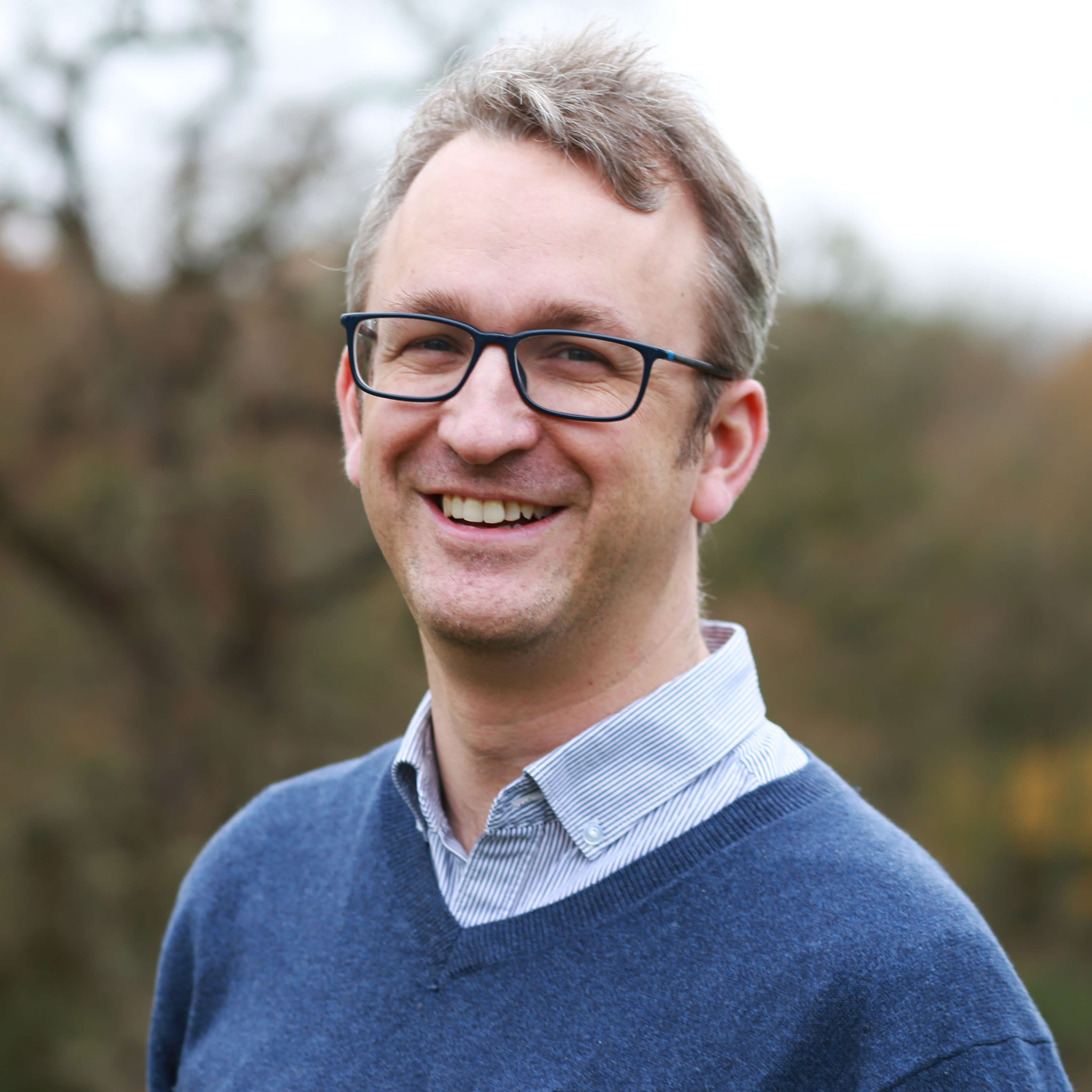Music (Performance)
BA (Hons)
Undergraduate degree - single honours
- UCAS codes: Institution B20, Course MUP1 or MUP2 (with professional placement year)
- Music (Performance) - Programme Document
- Award
- BA (Hons) Music (Performance)
- School/s
- Bath School of Music and Performing Arts
- Campus or location
- Newton Park
- Course length
- Three years full time, or four years full time with professional placement year.
- UCAS codes
- Institution Code: B20
- Course Code: MUP1 or MUP2
- Campus Code: A,BSU
Entry requirements
We accept a wide range of qualifications for entry to our undergraduate programmes. The main ones are listed under 'Typical offers' in the main column below. For combined courses, please check both subjects. If your qualification is not listed, please email admissions@bathspa.ac.uk with your specific details.
Become a versatile performing musician who is ready for a varied and viable career in the wider entertainment industry.
- Develop your music performance skills while learning how to apply them to real-world opportunities.
- Whether you want to play or sing, grow as a musician through daily practical music-making under expert supervision.
- Build an impressive portfolio of evidence and experience to boost your future career.
Are you an ambitious singer or instrumentalist who is keen to develop a sustainable career in music? This performance-focused Music degree will train you as a flexible performing musician across a variety of genres and styles.
You'll get the chance to explore classical, jazz, and popular music, while also focusing on your own musical interests and identity. You’ll also receive specialist, small-group coaching from our expert staff of practising musicians.
Across the course, we provide a wide range of training and experiences, designed to ensure your success as a performer in the real world.
What you'll learn
This music performance degree enables you to develop key professional skills and an impressive CV of evidence and experience that appeals to employers, preparing you for a range of different careers in the music industry.
In particular, we train you in:
- Advanced musicianship
- Advanced vocal and instrumental technique
- Interpretation and performance practice of a variety of musical styles
- Improvisation techniques
- Advanced ensemble musicianship
In addition to the above, you’ll have the opportunity to widen and strengthen your skill set as a musician to broaden the scope of your career. You’ll get the chance to choose from modules that explore:
- Recording and documenting music
- Blogging, podcasting and online media
- Music teaching, workshop leading and social engagement
- Event management, marketing and creative entrepreneurship
Year one
Your first year focuses on developing and refining your core practical musicianship skills. Through practical work and performance opportunities, you’ll explore the areas in which your practice can make a difference in people’s lives.
You'll also develop your ability to make recordings and videos, learning to edit these for online contexts. Across the year, you’ll undertake a series of short projects, working individually and in groups.
Year two
In your second year, you begin to specialise as a performer. Working in small, intensive classes, you’ll be coached by our specialist staff to develop your techniques and build a cross-genre repertoire. You’ll choose modules that support your unique career aspirations.
You’ll get the chance to work with communities, in educational settings, and produce events. You can also opt to develop your ability to communicate ideas about music through different media, such as podcasts, videos, and social media.
Year three
In your third year, you’ll specialise as a performer, following your own musical interests. Your intensive classes with our specialist performance staff will continue, and you’ll undertake a series of performance projects.
You can choose modules which include projects in areas such as education, community music, health and wellbeing, and arts management.
By the end of the course, you’ll be able to demonstrate both your skills as a performer and the entrepreneurial skills necessary to kick-start your performance career.
This highly practical course is taught through a mix of workshops and rehearsals, as well as small group coaching. All of our Music Performance staff are highly qualified specialist performers with years of industry experience.
You may also choose to explore wider content from our BA Music degree, which includes seminars and lectures, alongside tutorial support.
We provide regular sessions with visiting music professionals, who discuss their careers and offer key advice about how the industry works today.
To find out more about how we teach and how you'll learn, please read our Learning and Teaching Delivery Statement.
All of our assessments are based in practical music-making. In addition to performances, your general musicianship will be assessed, as will your creative outputs such as audio-visual documentation, podcasts, websites, teaching materials, project proposals and public events.
As a result, your assessment projects will form a portfolio that can be used to evidence your skills to employers, as part of a showreel or CV.
Course modules
This course offers or includes the following modules. The modules you take will depend on your pathway or course combination (if applicable) as well as any optional or open modules chosen. Please check the programme document for more information.
- Practical Music Skills
- Playing, Performing and Recording
- Listening and Hearing
- Music in Society
- Improvising and Devising
- Creative Sandbox
- Music Video Production
- Composition 4
- Creative Composition
- Performance Craft and Fluency
- Music for All
- Music for Learners
- Exploring Repertoire
- Interdisciplinary Collaboration
- Music as an Event
- Composition for Media
- Audio Visual Performance
- Wellbeing, Inclusivity, and Sustainability
- Professional Placement
- Creative Project
- Freelance Performance and Leadership
- Performance Project
Develop a wealth of indispensable digital skills that you can take into your future career. One of only three Adobe Creative Campuses in the UK, we provide all Bath Spa students with access to the full Adobe Creative Suite, giving you the tools to communicate creatively, whatever your course or chosen professional field.
Opportunities
BA (Hons) Music (Performance) equips you for a number of careers within and related to musical performance. When you graduate, you’ll understand how to:
- present yourself as a professional performer
- set up your own music business or agency
- thrive as a freelance musician.
You’ll be able to find and create opportunities for employment, including:
- musical director
- member of a theatre orchestra
- session musician
- function band director.
As part of your degree, you could study abroad on a placement at one of Bath Spa’s partner universities.
If you’re a full-time undergraduate student starting your first year at Bath Spa University, you can apply for the Certificate in Global Citizenship, which you’ll study alongside your degree.
You’ll gain global awareness and add an international dimension to your student experience, and funding is available. On successful completion of the programme, you’ll be awarded a Certificate in Global Citizenship. This is in addition to your degree; it doesn’t change your degree title or results.
Professional placement year
This optional placement year provides you with the opportunity to identify, apply for and secure professional experience, normally comprising one to three placements over a minimum of nine months. Successful completion of this module will demonstrate your ability to secure and sustain graduate-level employment.
By completing the module, you'll be entitled to the addition of 'with Professional Placement Year' to your degree title.
Before your Professional Placement Year, you'll work to secure your placement, constructing a development plan with your module leader and your placement coordinator from our Careers and Employability team.
On your return to University for your final year, you'll submit your Placement Portfolio, detailing your development on your placement.
Facilities and resources
The course is taught at our Newton Park campus, based in the Michael Tippett Centre, which houses a purpose-built concert hall, performance spaces, practice rooms, and recording studios.
Music students also have access to the campus’s wider arts facilities, including numerous electronic music studios, the University Theatre, and industry-spec TV studios.
- A purpose-built concert hall with Steinway D grand piano
- 17 practice rooms, including a drum room and four with electronically-variable acoustics
- Five recording studios
- Two multi-computer Mac labs with industry-standard software including Sibelius, Logic Audio Pro, Ableton Live, ProTools, and Max/MSP
- Access to the University's Asset Store, where you can hire industry-standard audio-visual equipment for free
- A large collection of acoustic and electric instruments, including five grand pianos, orchestral percussion instruments, early music instruments and a full Javanese gamelan
- A substantial music library of scores and recordings, and a wide range of online music resources. Our Subject Librarian for Music provides subject-specific support, including help with research.
- The Writing and Learning Centre provides support for your academic work, including feedback on written drafts and other help with academic writing.
- Our Virtual Learning Environment provides online access to learning materials such as lecture slides, assessment information, discussion boards and other resources.
- The Careers team run networking events and advisory workshops that explore your future options and the essentials of the job application process. They help you get experience by assisting with your search for work placements and paid part-time jobs while you're studying. When you're ready to progress into your chosen career, they can help you secure graduate-level employment, freelance opportunities, and funding for your own business ideas. Career support continues for years after you graduate with the dedicated Grad Support Unit.
- You’ll have free access to thousands of business, design and tech courses online via LinkedIn Learning.
- If English isn't your first language, our English Language Unit can help you improve your English, reach your full potential and boost your confidence.
- Our Student Wellbeing Services are available to support you through your learning.
Fees
| Student | Annual tuition fee |
|---|---|
| UK full time | £9,250 |
| International full time | £16,905 |
Professional Placement Year
During the placement year, the fee is reduced to 20% of the full time fee. This applies to UK and EU/International students.
- UK: £1,850
- International: £3,381
Interested in applying?
Our Music Performance degree is for those who want to play and perform, in whatever style or genre. Your energy and potential is more important to us than specific qualifications and grades.
You’ll be dedicated to your chosen discipline, be it instrument or voice, and committed to obtaining the highest standards of performance. You'll be serious about creating a viable and sustainable career in musical performance and keen to explore different paths to success.
If your application meets our criteria we’ll invite you to interview, where you’ll get the chance to show us your skills through your portfolio (see below).
We don’t ask for any specific qualifications in Music or Music Technology as pre-requisite qualifications for this course but we do ask all applicants to demonstrate their performance ability and wider musical experience as part of an application portfolio (see below).
You’ll be expected to demonstrate a performance standard of grade 6 (or above) through your portfolio submission. If you can’t demonstrate this standard, we’ll still consider you for our broader BA Music course.
- A Level – grades BBB-BCC preferred.
- BTEC – Extended Diploma grades from Distinction Distinction Merit (DDM) to Distinction Merit Merit (DMM) accepted.
- T Levels – grade Merit preferred in a relevant subject.
- International Baccalaureate – a minimum of 32 points are required
- Access to HE courses – typical offers for applicants with Access to HE will be the Access to HE Diploma or Access to HE Certificate (60 credits, 45 of which must be Level 3, at Merit or higher) together with evidence of a high level of experience in music, composing, music technology or music performance.
If you don’t meet the entry requirements above, we may be able to accept your prior learning or experience from outside of formal education. See our Accreditation of Prior Learning (APL) page to learn more.
English Language Requirements for International and EU Applicants
IELTS 6.0 - for visa nationals, with a minimum score of IELTS 5.5 in each element.
Course enquiries
For further information about the programme or entry requirements, please email us at admissions@bathspa.ac.uk.
Ready to apply? Click the 'apply now' button in the centre of this page.
Need more guidance? Head to our how to apply pages.
Before your interview, we’ll ask you to prepare a portfolio of your work as a musician, reflecting your individual interests and strengths. The portfolio should give us a sense of who you are and what you want to explore during the course.
After we receive your UCAS application, we’ll send you a short form to complete which will ask for links to evidence of your musical activity online. Please include at least two video recordings of you performing to grade 6 standard (or above). These can be submitted as links to YouTube, dropbox, or similar. Alongside these submissions, you’ll be invited to provide other examples of your musical activity, which might include a composition on Soundcloud, a score on Dropbox, evidence of music-related work experience, or something else.
Further guidance on compiling your portfolio will be provided when we send you the form. In advance of this, we recommend that you gather any work you already have in a format that can be shared online (e.g. in a folder and/or playlist). Your portfolio helps us get to know you and will help start our conversation at the interview.
Interview and portfolio guidance for international students
Just like our domestic applicants, international students are asked to submit an application portfolio (see above). While we’d really like to invite you to campus to enjoy an applicant day, we accept that this may not always be possible and instead interviews can be held online. Further information will be provided on application.
If you have any questions about your application, please contact our Admissions Coordinator for Music.
Admissions Coordinator: Professor James Saunders
Email: j.saunders@bathspa.ac.uk
Course leader: Dr Matthew Sergeant
Email: m.sergeant@bathspa.ac.uk

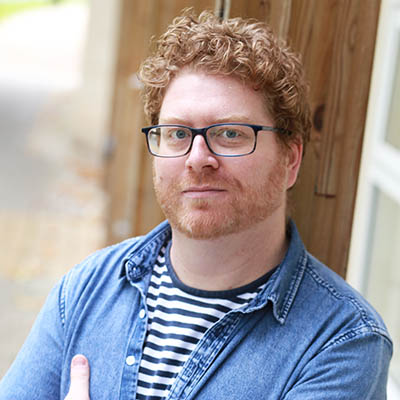
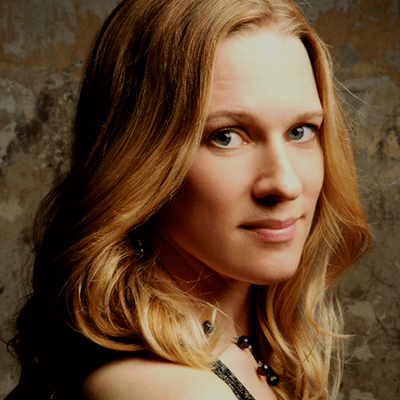
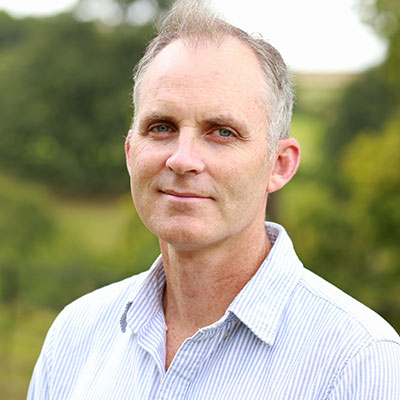
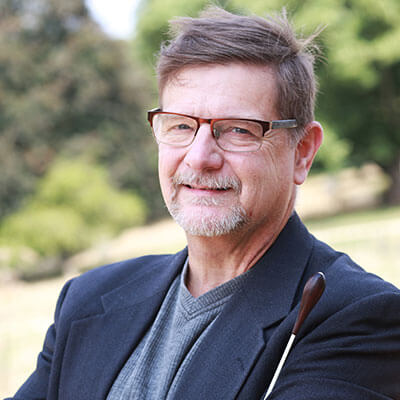
-400x400.jpg)
-(1)-400x400.jpg)
